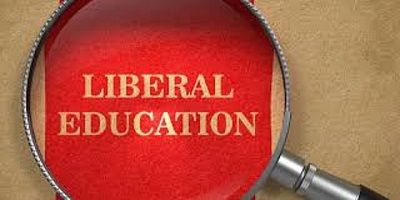Liberal Education
Liberal Education is an approach to education. That emphasizes the development of a well-rounded, intellectually curious. And critical-thinking individual rather. Than focusing solely on vocational or specialized training. It is characterized by a broad. And multidisciplinary curriculum.
That exposes students to a wide range of subjects. Including the arts, humanities, social sciences, natural sciences, and mathematics. The primary goal of liberal education is to foster intellectual growth, creativity, and the ability to think critically and analytically.
Key features of liberal education include:
- The breadth of Knowledge: Liberal education encourages students to explore a wide array of subjects, allowing them to gain a broad understanding of various disciplines. This exposure helps individuals make connections between different fields of knowledge and promotes a holistic view of the world.
- Critical Thinking: Liberal edu places a strong emphasis on developing critical thinking skills. Students are encouraged to question, analyze, and evaluate information. And ideas, enabling them to make informed decisions and engage in meaningful intellectual discourse.
- Communication Skills: Effective communication is a crucial component of liberal education. Students learn to express their thoughts and ideas clearly. And persuasively, both in written and oral forms.
- Problem-Solving: LE equips students with the ability to solve complex problems by drawing upon knowledge and skills from various disciplines. It encourages interdisciplinary thinking and creativity in addressing real-world challenges.
- Ethical and Moral Considerations: Liberal edu often explores questions of ethics, values, and social responsibility, helping students develop a strong sense of ethical reasoning and moral judgment.
- Lifelong Learning: LE instills a love for learning that extends beyond formal education. It encourages individuals to continue their intellectual pursuits throughout their lives, adapting to new information and changing circumstances.
- Cultural Awareness: Through the study of different cultures, histories, and societies, liberal ed promotes cultural awareness and a sense of global citizenship.
Final Words
Liberal Education is often contrasted with vocational or specialized education. Which focuses on preparing students for specific careers or professions. It’s important to note that these two approaches are not mutually exclusive.
Many educational institutions combine elements of both to provide a well-rounded education. That prepares students for both their chosen careers. And a lifelong commitment to learning and personal development. Liberal education is valued for its ability to produce graduates. Who are adaptable, intellectually curious, and capable of contributing to society in a variety of ways.
